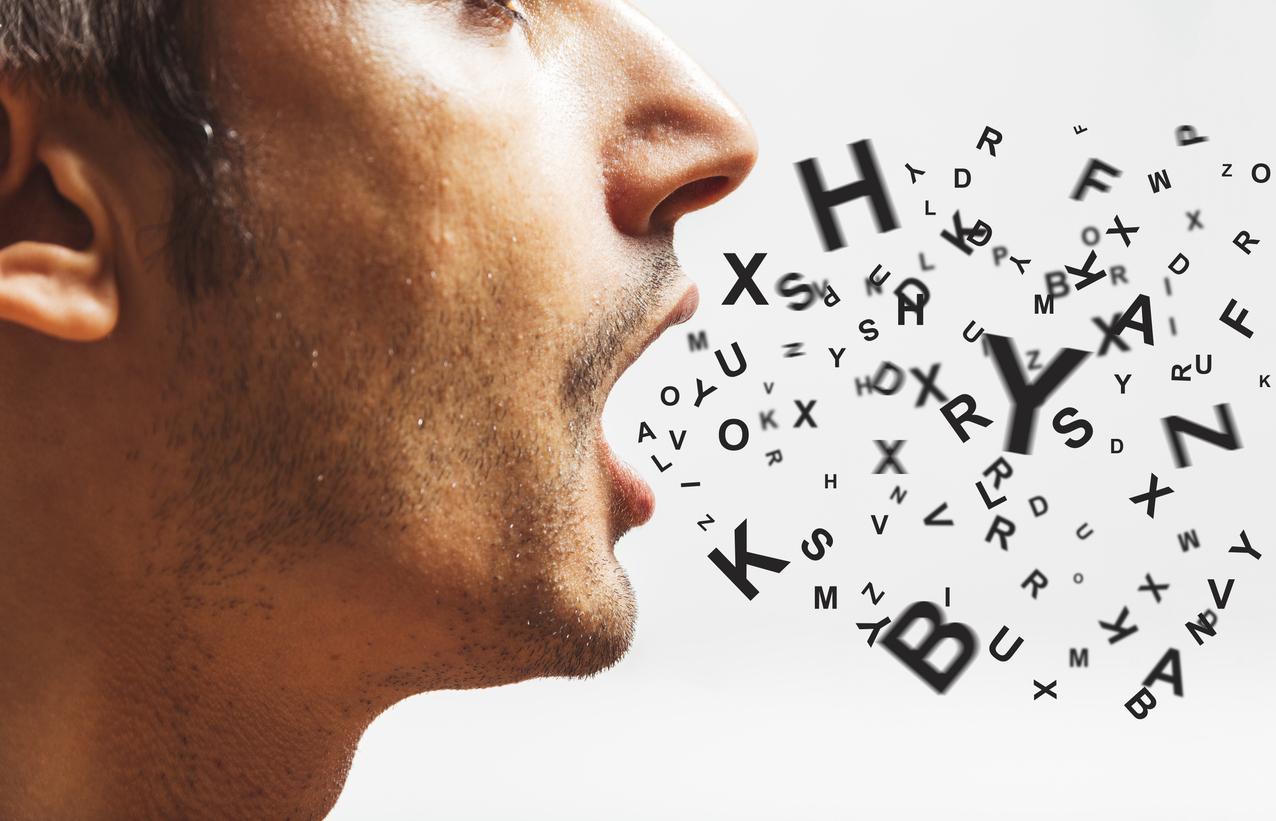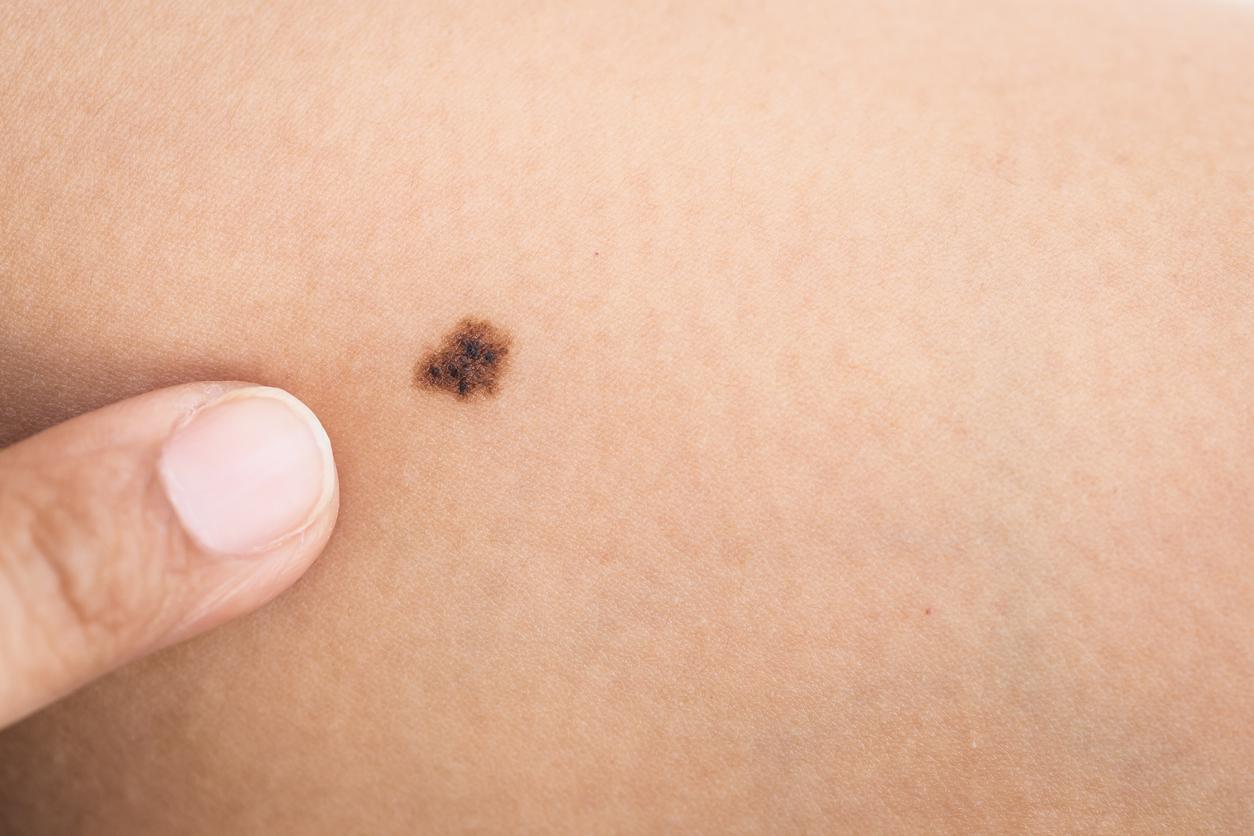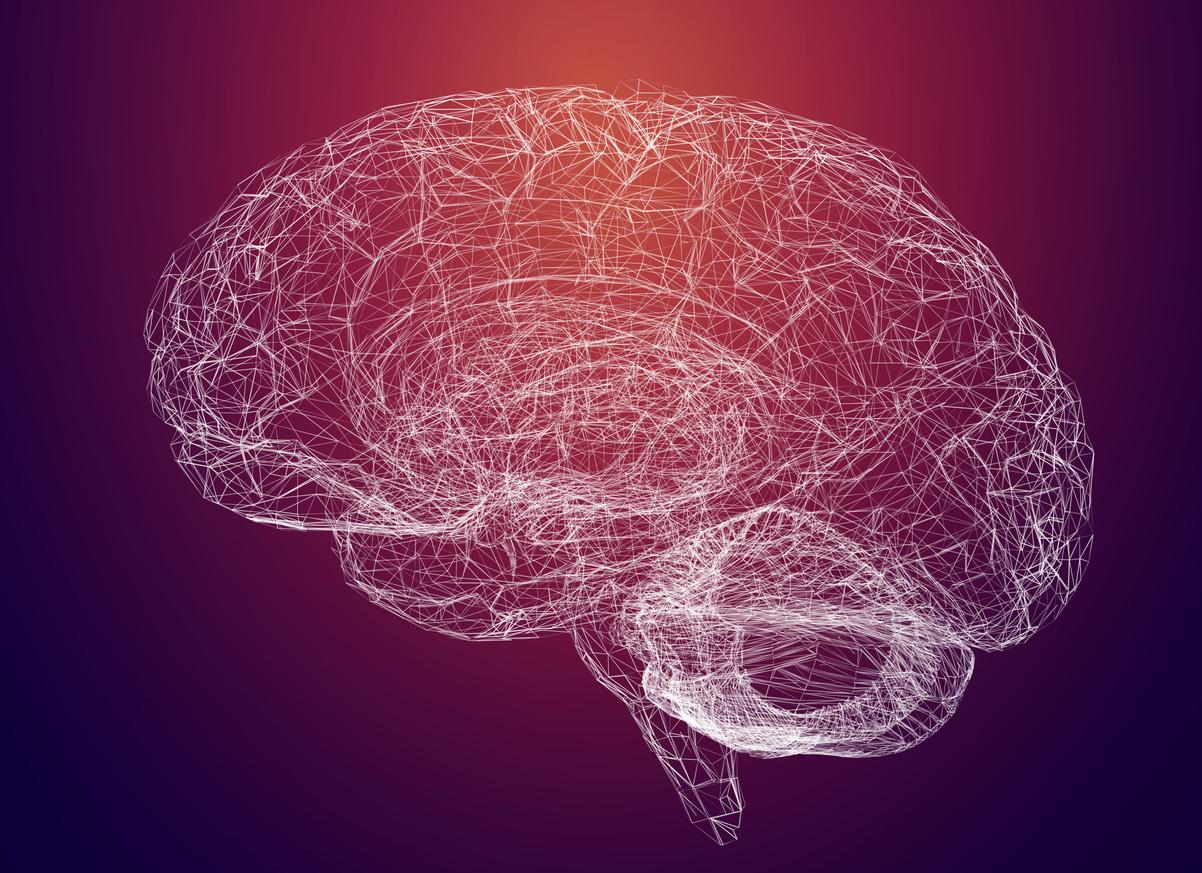
How do we deal with cookies in the Netherlands? If it’s up to the conscious internet user, it’s unbelievably bad.
Cookies are everywhere and we are not talking about the tasty variants with chocolate pieces in them. According to an Nord VPN investigation we accept cookies en masse in the Netherlands. And that while we know what the disadvantages of this can be.
Cookies in the Netherlands
For several years now, websites in the Netherlands have been obliged to ask whether they can place cookies. These bits of code are a way to identify and track you. At the same time, websites almost always use cookies to give you a better user experience. No cookies often means a bad or even completely non-functioning website.
It is therefore not very surprising that no less than half of all Dutch people accept all cookies by default. This is not surprising, since only 30% of all Dutch people are afraid that the government is following them, according to Nord VPN’s research. Here are the most notable findings of the study:
- 64% of Dutch people feel their online data is being used for targeted advertising
- 48% think our data is analyzed by companies to show us relevant information
- 61% think their data is being sold to other companies
How does a VPN counteract this?
Why is Nord VPN doing this research? Obviously for publicity and to inform the public. The reality is that a VPN basically nothing against cookies.
When you visit a website, your browser stores cookies, which remain there. Companies can use these cookies to find out where you have been and who you are. Whether you browse in the Netherlands or via a VPN on the other side of the world, cookies are stored with you.
The best way to prevent tracking via cookies is therefore not a VPN, but invariably deleting cookies. This can be done manually, but also, for example, by browsing incognito.
†





















